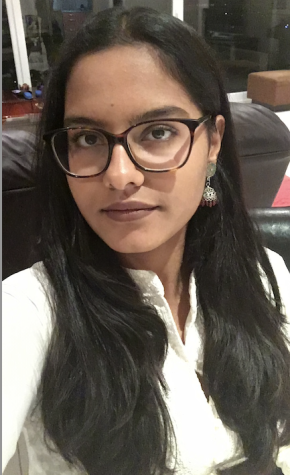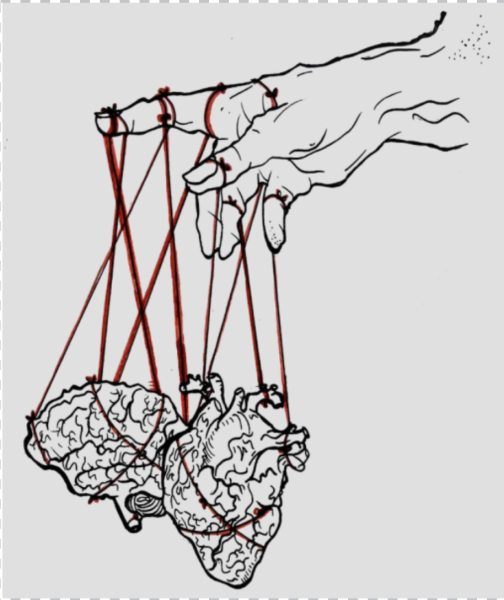We All Know It’s Christmas
What if one year, the Grinch stole Christmas away for good? How would you feel? That’s what every non-Christian at ISL has felt for their own festivals. We say we’re an “International School”, but that doesn’t change the fact that our main focus is still on non-internationally minded and very westernised christian festivals such as Christmas. We go out of our way to decorate the school for Christmas, but for Diwali we do as little as put a table with a few candles in the foyer. The question we need to ask ourselves is why can’t all cultures and beliefs be equally celebrated?
Originally, Christmas was a festival for Christians to celebrate and remember the birth of Jesus Christ. Now, we see many more people from diverse cultures celebrating Christmas. But has celebrating Christmas become a norm at ISL that everyone feels obliged to go along with?
Don’t get me wrong, I love Christmas at ISL. In my twelve years here, I have learned that Christmas will always be an important festival, and it is the time of the year when the school environment is enriched with positive energy and happiness. Each year, the festive season starts when gift boxes are piled up under the staircase in the foyer– soon to be driven away to help Vaud’s poorest enjoy the Christmas that we privileged individuals have. I know that Christmas is around the corner when the massive Christmas tree is planted in the North building, decorated beautifully with ornaments, lights, and a tree topper. In fact, the entire school is decorated: teachers decorate classes; the cafeteria is decorated, and this year a reindeer was put on the school roof. This all contributes to bringing the Christmas spirit to life.
Not only do we see Christmas, but we also feel it, as the atmosphere is set through different activities. In Primary, multiple Christmas-themed activities are organized: cutting out paper snowflakes, watching Christmas movies, coloring Christmas pages, singing carols, and wearing Christmas hats on the last day of school. Secondary also has Christmas activities: loud carols are played during lessons; there is a winter market; secret admirers can send candy canes; friend groups exchange gifts; homerooms organize a Secret Santa; students wear ugly sweaters and StuCo plans a door decorating homeroom hustle. All these activities are organized to celebrate Christmas, but is the same effort put into other festivals?
There is absolutely nothing wrong with celebrating Christmas– it lightens up the mood during the stressful pre-winter break period and it is incredibly amusing to participate in. The problem is when ISL, a school that claims to be “international” and “diverse”, subconsciously suppresses non-Christian festivals. Being in an international school, students have certain expectations. We expect our identity to be valued, part of which is our religion and culture. Although ISL doesn’t explicitly belittle non-Christian religions, it doesn’t allow other religions to share the spotlight equally.
A survey that was sent out to everyone in Secondary shows that 33.5% of students that responded, actively believe in Christianity. Although the people not practicing a specific religion may come from Christian backgrounds… What about the other students? In all these years, I can’t remember the last time Holi, Diwali, Hanukkah, or Ramadan were celebrated as gloriously as Christmas is each year. When asked about how well ISL celebrates Hinduism, Nandini Bhandari in year 11 felt that “ the school doesn’t even acknowledge it”. Similarly, Sahana Joshi, in year 11 said that “they don’t have decorations for any other religion other than Christianity. Apart from Christian culture, literally no other decorations were put up this year for any of the other cultures”. Hinduism isn’t the only religion that’s not being represented– Judaism is one of many others. When asked about how well ISL celebrates Judaism, Esme Hodari, another year 11 student said: “They don’t really. Hanukkah isn’t celebrated very often, and there is no focus on the history or the cultural aspect.” Students are an essential part of the school, and empowering everyone’s cultural celebrations is crucial in an international school. These are a few out of many students at ISL that feel their cultural celebrations aren’t being given enough importance, implying that serious change is needed.
What if the problem isn’t actually what we celebrate? What if the problem is how we celebrate the festivals at ISL? Every festival is celebrated superficially. Parts of the school are decorated, whether it be for Christmas or for Diwali. But does everyone know why we celebrate these festivals? The answer is no. We don’t actually take the time to understand the importance of these festivals. Gargi Manek, a year 13 student thinks that the Diwali celebration last year was “interesting, but there weren’t a lot of people engaged in the actual activity and not a lot of people knew about the significance”. Simply putting a table up with diyas and flowers for Diwali, or with candles for Hanukkah not only lessens the value of these cultural celebrations but also shows ignorance and a lack of effort. If we are truly an international school, then we have to leave the basic decorations aside and focus on the importance and real meaning behind these festivals.
Ultimately, not celebrating Christmas or Christian celebrations isn’t the way to address the problem. We need to change our mindsets and be more open-minded to learn more about different cultures. Changing an embellished table to a decorated school is not a big enough step towards accepting all cultures, but it would be a start. Perhaps activities from StuCo, fundraising around the theme of other cultural celebrations, or homeroom sessions about the significance behind different celebrations would allow the chance for celebrations to not be superficial, and would make learning about that cultural celebration more prevalent. If we want to be called an “international school” which empowers individuals and celebrates diversity in all ways, we first have to celebrate and give equal importance to all cultures at ISL.

I am a year 12 Swiss-Indian student at ISL. Although I've been at ISL for 13 years, I've been with The High for two years. My interests lie in STEM, specifically...

I’m a 16 year old student in ISL. I've been in ISL for 8 years. I work on the illustrations for articles (specifically the horoscopes column) and a podcast,...







